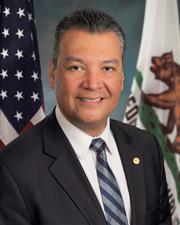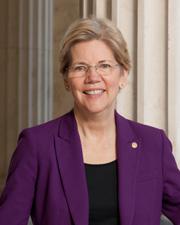S. 2286: State-Based Universal Health Care Act of 2025
This bill, known as the State-Based Universal Health Care Act of 2025, aims to create a framework that allows individual states to establish and manage their own universal health care systems. Here’s a breakdown of key components of the bill:
Objectives
The primary goal of this legislation is to provide comprehensive health coverage to all state residents through state-run health care systems. It seeks to replace or supplement existing federal health care programs by giving states the authority to create customized programs that meet their residents' needs.
Waiver Process
The bill introduces a process for states to apply for a waiver from certain federal health care requirements established under the Affordable Care Act (ACA) and other federal health laws. This waiver allows states to:
- Design a health care system that fits their unique demographic and economic circumstances.
- Potentially streamline funding and administration for health care.
Requirements for Waiver Applications
To secure a waiver, a state must:
- Provide a detailed description of its proposed health care program.
- Outline a plan to achieve at least 95% health coverage for its residents within five years.
- Submit a budget that is financially neutral for the federal government over a ten-year period.
Health Coverage Standards
The state-run programs must ensure that:
- Health benefits provided are at least as comprehensive as what residents would receive under existing federal health programs.
- Coverage is affordable, with protections against excessive costs for enrollees.
- Care is accessible to all residents, and states can still allow supplemental private insurance.
Administrative Oversight
Each state will administer its program through designated state agencies. They must also ensure transparency by:
- Providing regular reports on progress and challenges to the Secretary of Health and Human Services.
- Conducting public outreach campaigns to educate residents about available coverage options.
Joint State Applications
The legislation allows multiple states to collaborate and submit a joint application for a waiver, thus facilitating a regional approach to health care coverage.
Evaluation and Accountability
States must evaluate their programs periodically and implement any necessary changes to improve health coverage and care quality. The Secretary of Health and Human Services has the authority to assess waiver performance and can terminate waivers if coverage goals are not met.
Funding Mechanism
The bill proposes a mechanism to ensure that funding previously allocated for federal health programs in states would be redirected to support state health care initiatives instead. This would include estimating savings from reduced federal administrative costs and funding based on resident needs.
Impact on Indigenous Groups
The bill includes specific provisions to protect the rights and health care access of Native American populations, ensuring that they do not incur fees and receive equitable care.
Relevant Companies
None found
This is an AI-generated summary of the bill text. There may be mistakes.
Sponsors
4 bill sponsors
Actions
2 actions
| Date | Action |
|---|---|
| Jul. 15, 2025 | Introduced in Senate |
| Jul. 15, 2025 | Read twice and referred to the Committee on Finance. |
Corporate Lobbying
0 companies lobbying
None found.
* Note that there can be significant delays in lobbying disclosures, and our data may be incomplete.
Potentially Relevant Congressional Stock Trades
No relevant congressional stock trades found.



